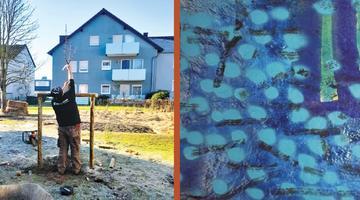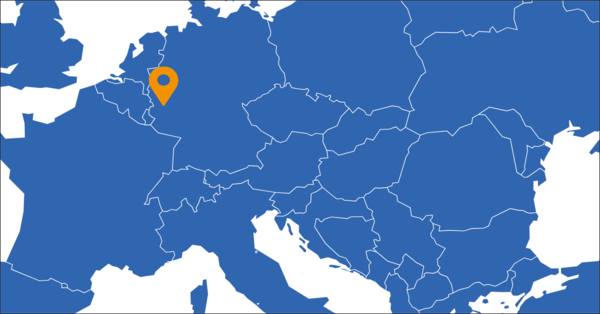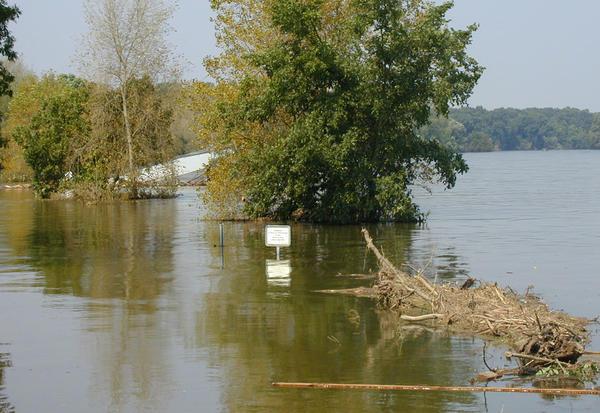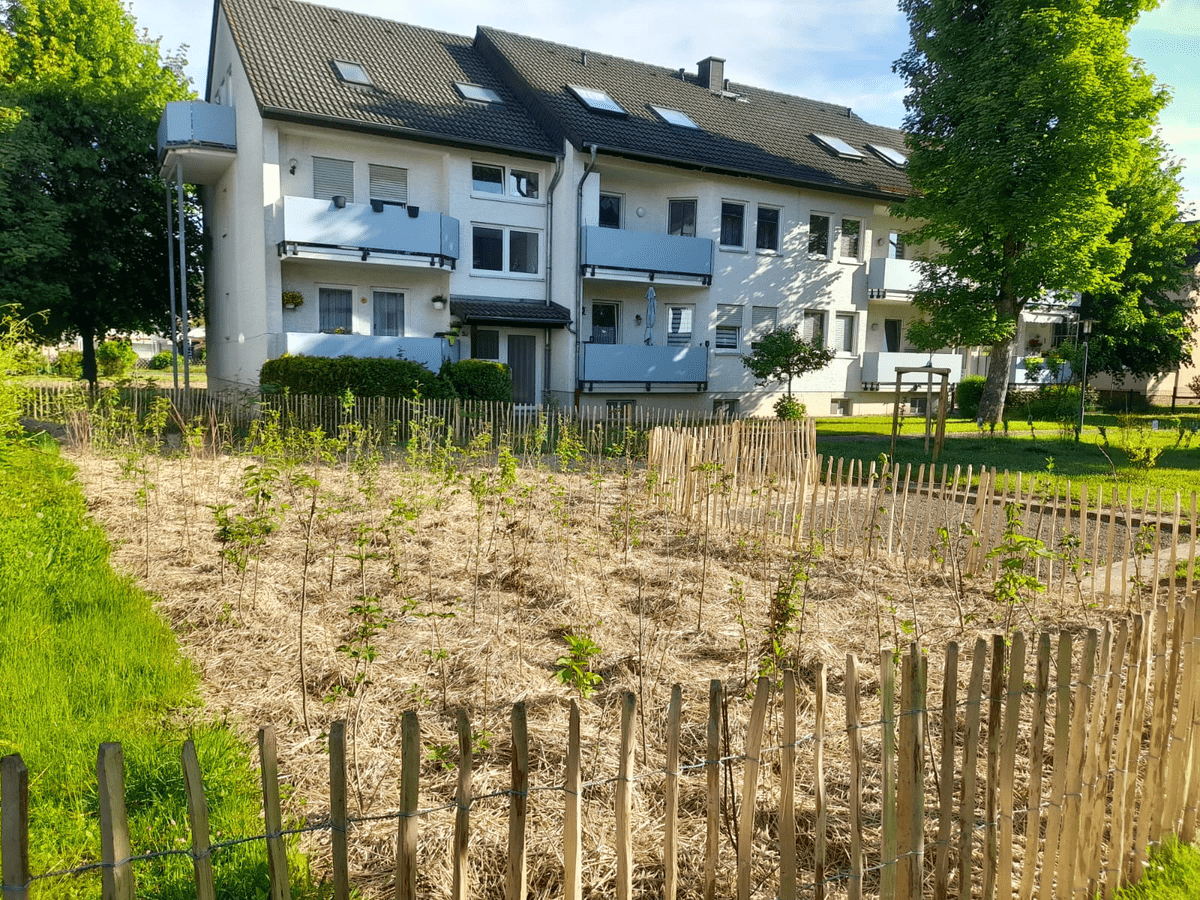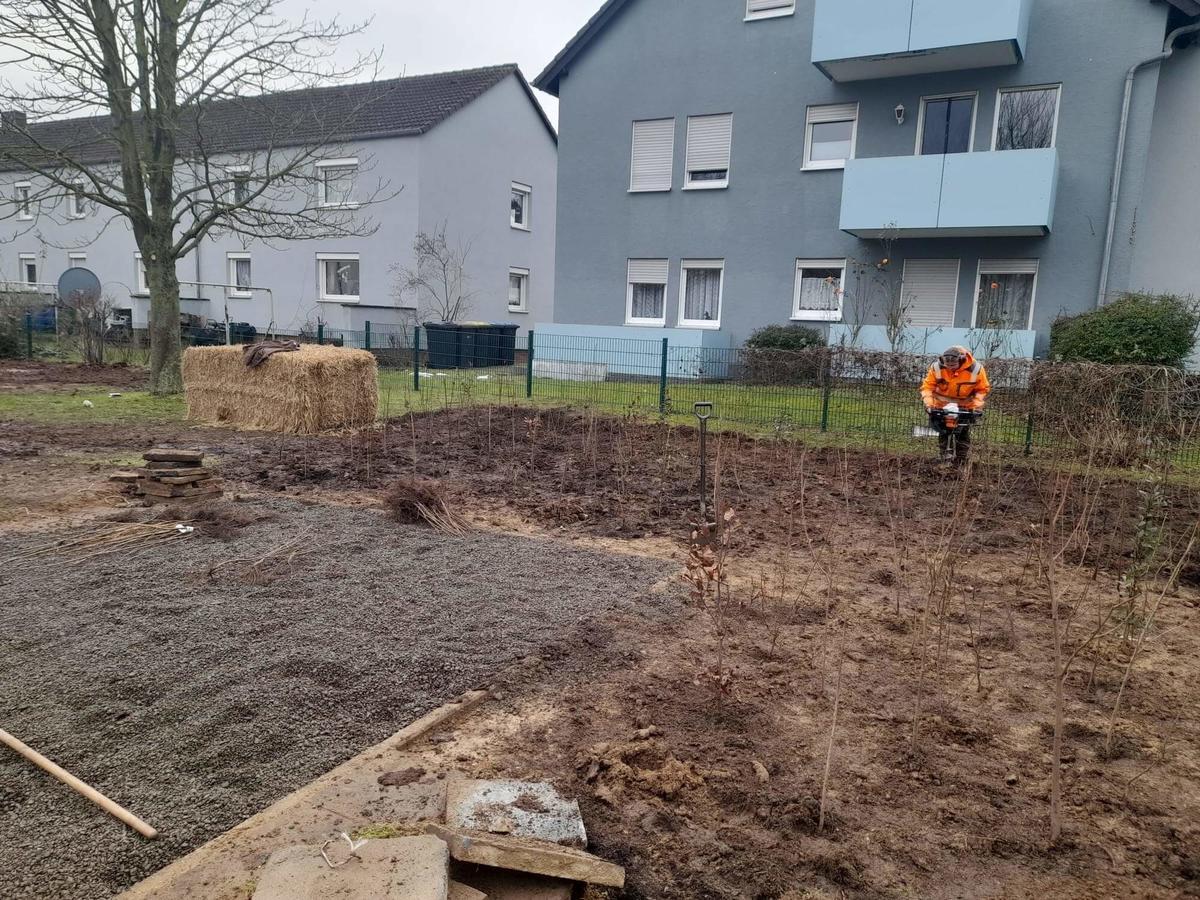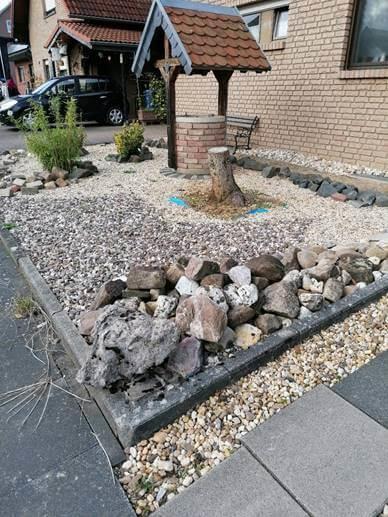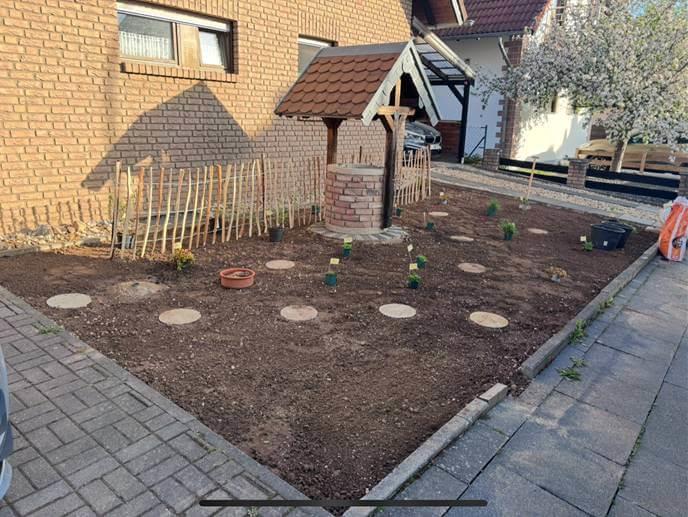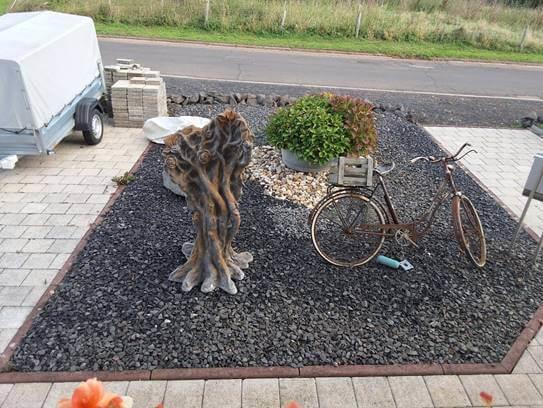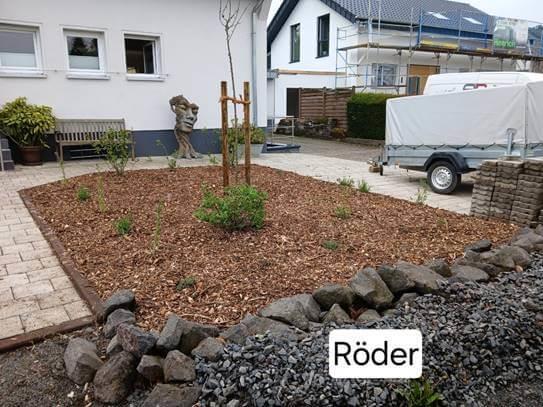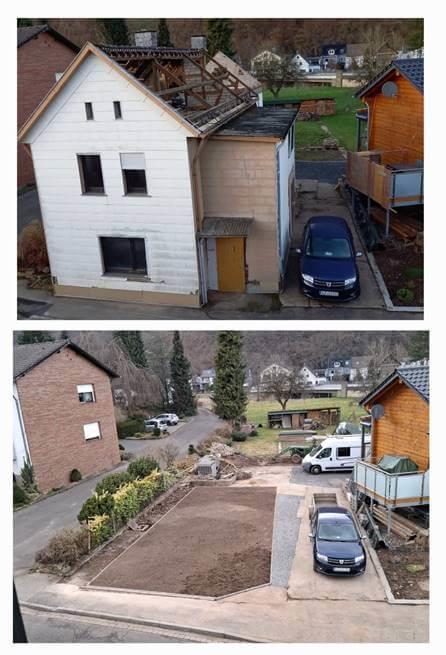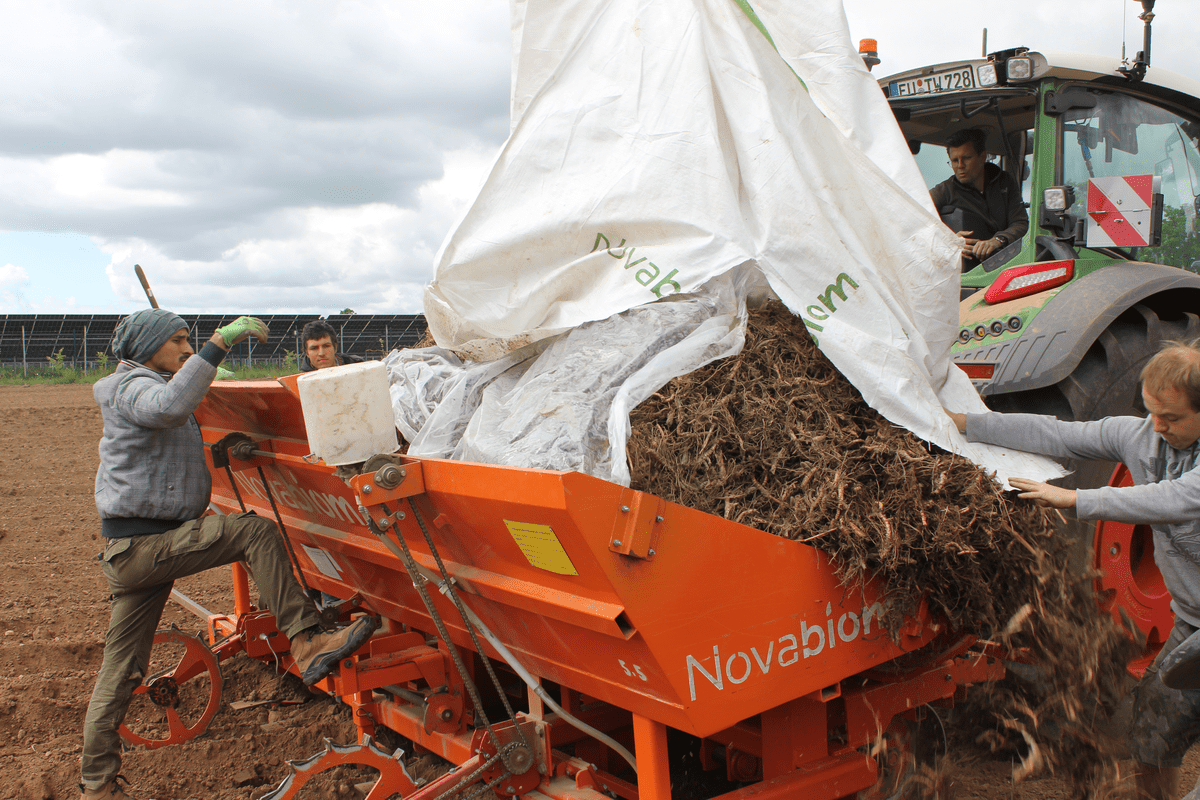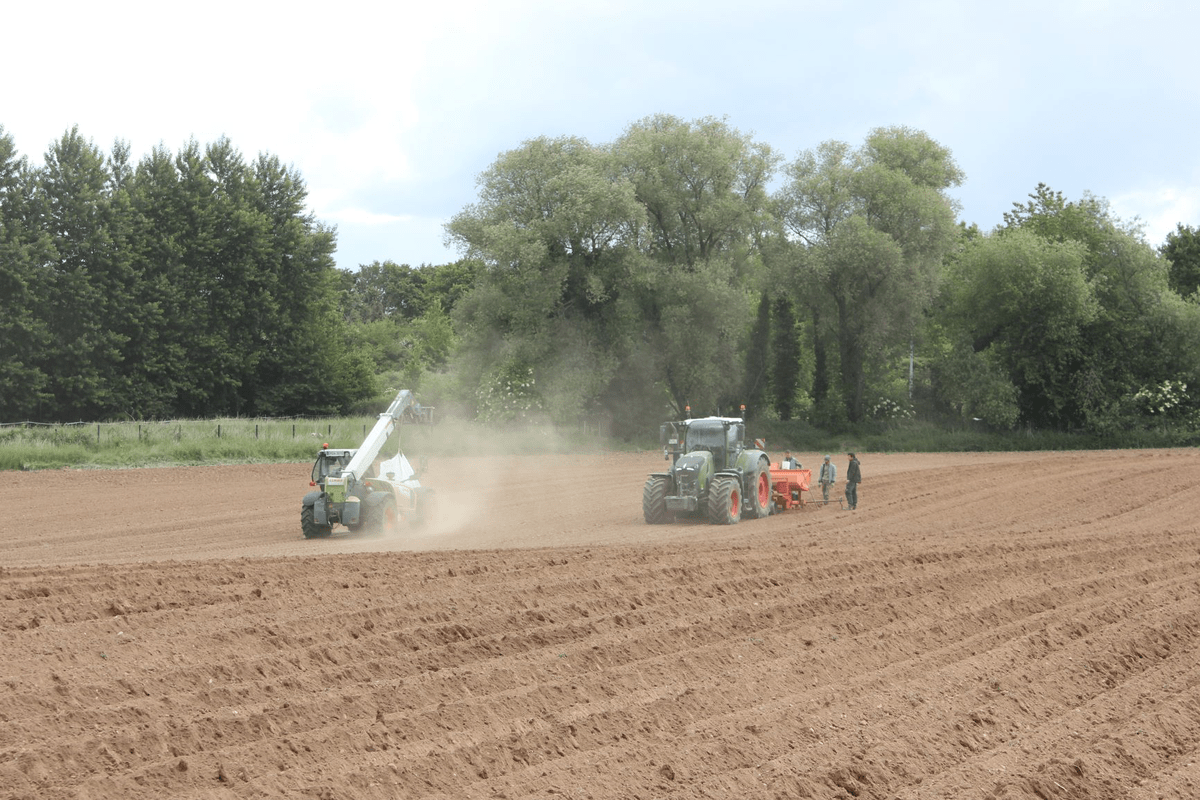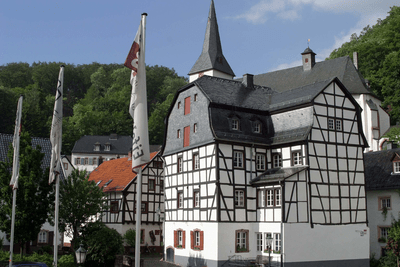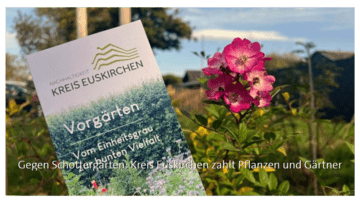Due to global warming, the County of Euskirchen faces heightened risks of extreme weather events, especially floods and droughts, owing to its specific topography and land use features. In July 2021, the region experienced a historic flood disaster, resulting in over 180 casualties, with 27 from Euskirchen. The unprecedented rainfall, up to 200 litres per square meter in 24 hours, caused flash floods and massive damage, altering cityscapes and townscapes. Despite financial support, the ongoing restoration work will take years. Beyond flooding, the County struggles with heat stress on farmland, urban areas, and forests during summers, leading to falling groundwater tables, soil erosion, and biodiversity loss. Urban areas face challenges like significantly increasing temperatures in the summer, including rising number of tropical nights (nights when the temperature does not fall below 20 °C), aggravating the "urban heat island effect," particularly affecting vulnerable groups in densely populated areas.
